28916
switch-disconnector Compact INS40 – 3 poles – 40 A
- Stock status:
- Call for availability
- Manufacturer:
- Schneider
- Product code:
- 28916
Main documents
Related products
| Range | ComPact |
|---|---|
| Product name | ComPacT INS |
| product or component type | Switch disconnector |
| Poles description | 3P |
| Network type | DC AC |
| Network frequency | 50/60 Hz |
| [Ie] rated operational current | AC-22A: 40 A AC 50/60 Hz 220/240 V AC-22A: 40 A AC 50/60 Hz 380/415 V 2 poles in series AC-22A: 40 A AC 50/60 Hz 440/480 V AC-22A: 40 A AC 50/60 Hz 500 V AC-23A: 32 A AC 50/60 Hz 500 V AC-23A: 40 A AC 50/60 Hz 220/240 V AC-23A: 40 A AC 50/60 Hz 380/415 V AC-23A: 40 A AC 50/60 Hz 440/480 V DC-22A: 40 A DC 50/60 Hz 125 V 2 poles in series DC-23A: 40 A DC 125 V 2 poles in series |
| [Ui] rated insulation voltage | 690 V AC 50/60 Hz |
| [Uimp] rated impulse withstand voltage | 8 kV |
| [Ith] conventional free air thermal current | 40 A at 60 °C |
| [Icm] rated short-circuit making capacity | 15 kA switch-disconnector alone 500 V AC at 50/60 Hz 75 kA with upstream protection circuit breaker 500 V AC at 50/60 Hz |
| [Ue] rated operational voltage | 125 V DC 500 V AC 50/60 Hz |
| Suitability for isolation | Yes |
| Contact position indicator | Yes |
| Visible break | No |
| Pollution degree | 3 |
| Control type | Rotary handle |
|---|---|
| handle colour | Red |
| Mounting mode | Fixed |
| Mounting support | DIN rail Plate |
| Upside connection | Front |
| downside connection | Front |
| cable cross section | 1.5…50 mm² |
| Maximum power | AC-23: 11 kW at 220/240 V AC 50/60 Hz AC-23: 18.5 kW at 500/525 V AC 50/60 Hz AC-23: 20 kW at 380/415 V AC 50/60 Hz AC-23: 22 kW at 440 V AC 50/60 Hz |
| Rated duty | Uninterrupted |
| Intermittent duty class | Class 120 – 60 % |
| enclosure dimensions for Ithe | 190 mm x 115 mm x 55 mm |
| [Icw] rated short-time withstand current | 0.067 kA during 20 s conforming to IEC 60947-3 1.73 kA during 3 s conforming to IEC 60947-3 3 kA during 1 s conforming to IEC 60947-3 5.5 kA during 30 s conforming to IEC 60947-3 |
| Mechanical durability | 20000 cycles |
| Electrical durability | AC-22A: 1500 cycles 220/240 V AC 50/60 Hz AC-22A: 1500 cycles 380/415 V AC 50/60 Hz 2 poles in series AC-22A: 1500 cycles 440 V AC 50/60 Hz AC-22A: 1500 cycles 500 V AC 50/60 Hz AC-23A: 1500 cycles 220/240 V AC 50/60 Hz AC-23A: 1500 cycles 380/415 V AC 50/60 Hz AC-23A: 1500 cycles 440 V AC 50/60 Hz AC-23A: 1500 cycles 500 V AC 50/60 Hz DC-22A: 1500 cycles 250 V DC 50/60 Hz 2 poles in series DC-23A: 1500 cycles 250 V DC 2 poles in series |
| Connection pitch | 18 mm |
| Height | 85 mm |
| Width | 90 mm |
| Depth | 62.5 mm |
| net weight | 0.5 kg |
| Standards | IEC 60947-1 IEC 60947-3 |
|---|---|
| Product certifications | KEMA-KEUR CCC |
| IP degree of protection | IP40 conforming to IEC 60529 |
| IK degree of protection | IK07 conforming to EN 50102 |
| Ambient air temperature for operation | -25…70 °C |
| ambient air temperature for storage | -50…85 °C |
| Unit Type of Package 1 | PCE |
|---|---|
| Number of Units in Package 1 | 1 |
| Package 1 Height | 9.1 cm |
| Package 1 Width | 10.2 cm |
| Package 1 Length | 10.1 cm |
| Package 1 Weight | 603.0 g |
| Unit Type of Package 2 | S03 |
| Number of Units in Package 2 | 18 |
| Package 2 Height | 30.0 cm |
| Package 2 Width | 30.0 cm |
| Package 2 Length | 40.0 cm |
| Package 2 Weight | 11.265 kg |
Product Description
Schneider Electric
Schneider Electric is a multinational corporation specializing in energy management and automation solutions. With operations in over 100 countries, the company offers a wide range of products and services for various industries, including residential, commercial, and industrial.
Schneider Electric is focused on sustainability and innovation, aiming to help their customers manage energy efficiently and reduce their environmental impact.
Schneider Switch Disconnector
Schneider switch disconnectors are robust electrical devices manufactured by Schneider Electric. These components serve the crucial function of isolating electrical circuits from the power source, allowing for safe maintenance, repairs, or equipment installation.
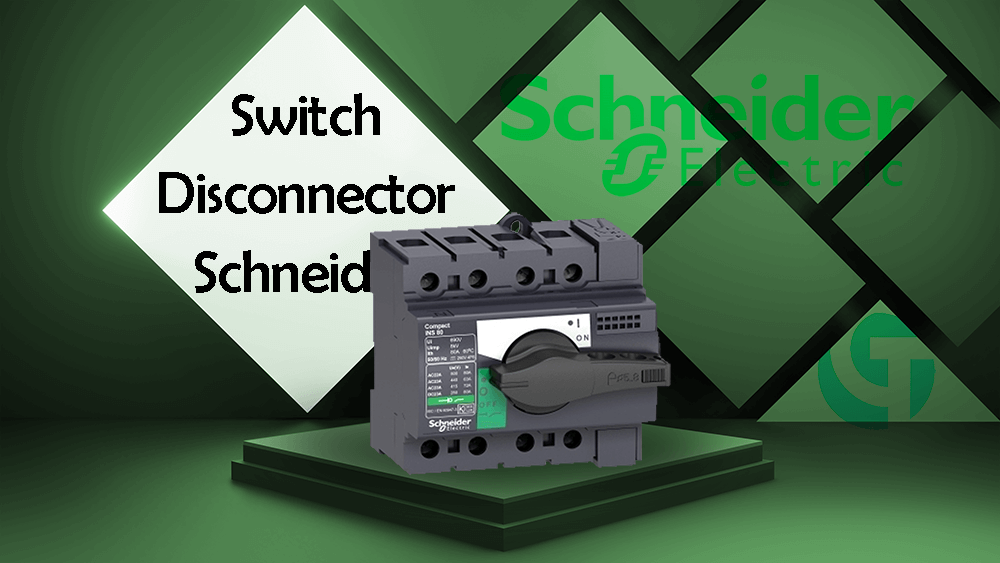
Schneider switch disconnectors are engineered with robust construction, advanced features, and compliance with international standards to meet the diverse needs of various applications. With options available for different voltage levels, current ratings, and environmental conditions, Schneider switch disconnectors provide flexible solutions for power distribution and control systems.
Whether it’s for motor control, distribution boards, or switchgear assemblies, Schneider’s switch disconnectors deliver high performance and peace of mind in electrical operations.
Switch Disconnector
A switch disconnector is an essential electrical component used for isolating circuits from power sources. These devices allow for safe maintenance, repairs, or installations by effectively disconnecting electrical circuits.
Switch disconnectors come in various sizes and configurations to accommodate different voltage and current ratings, ensuring reliable operation in industrial, commercial, and residential settings. With their compact design and straightforward functionality, switch disconnectors offer convenient and efficient electrical disconnection whenever required.
28916
The 28916 is a Compact INS40 switch-disconnector, featuring three poles and an operational current of 40A. This non-automatic switch-disconnector is equipped with a red rotary handle and a yellow front for easy identification.
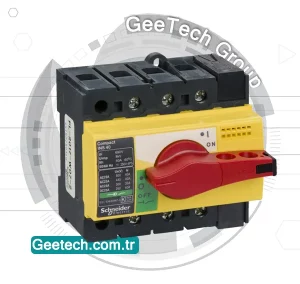
Suitable for isolation with positive contact indication, this switch-disconnector adheres to the standards outlined by IEC 60947-1 and IEC60947-3. It operates at an operational current of 40A at 415VAC in categories AC22A and AC23A. The rated voltage is 500VAC 50/60Hz or 250VDC.
Designed to serve as an emergency-off device, it utilizes special colors stipulated by the standards for easy identification. The red rotary handle ensures easy operation and high performance in interrupting currents. The Compact INS40 is classified as a class II insulation level front-face device according to the IEC 60664 standard, providing reliability and safety in various electrical applications.
Frequently Asked Questions
What does a switch disconnector do?
✅A switch disconnector, known as a disconnector switch or isolator switch, plays a crucial role in safely isolating power from electrical equipment during maintenance. This essential component not only ensures safety but also effectively breaks electrical circuits within large distribution systems.
What is the difference between a switch and a disconnector?
✅A switch serves as a vital control device, capable of supplying and interrupting the current flow required by consumers or control circuits throughout an appliance's lifespan. Meanwhile, a disconnector acts as a crucial safety feature, isolating the power supply to render the device inert for interlocking or maintenance purposes.
Can a switch disconnector trip?
✅A disconnector requires manual operation to cut power, ensuring circuit safety during maintenance but lacking overload protection. In contrast, a circuit breaker serves as a protective device, capable of thermally or magnetically tripping to safeguard circuits from overloads.
What is a switch disconnector fuse?
✅The switch disconnector is a widely used distribution equipment in factories, offering manual circuit switching, breaking, and power isolation capabilities. Additionally, the fuse switch disconnector provides effective short-circuit and overload protection for cables and power equipment within distribution systems.
Is a disconnect switch required?
✅Apart from adhering to IEC standards, compliance with the National Electric Code (NEC) requires the inclusion of a disconnect switch. According to this code, all large and permanently wired equipment must feature a disconnecting means within visible range.
What is the difference between switch disconnector and MCCB?
✅In simple terms, a switch toggles power on and off, while a circuit breaker interrupts the circuit during overload or faults. Switches control power, whereas breakers manage circuit interruptions. Recognizing these distinctions is vital for grasping their safety and utility.



















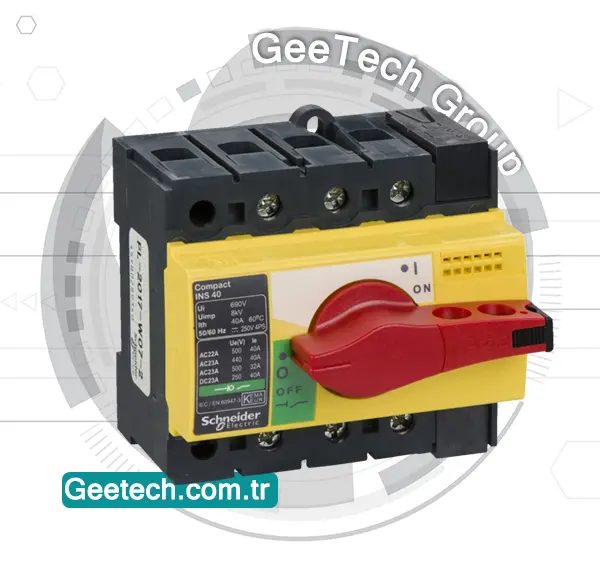
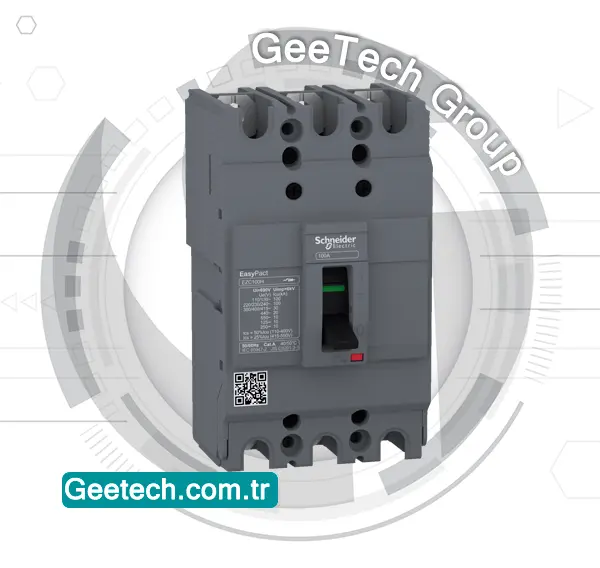
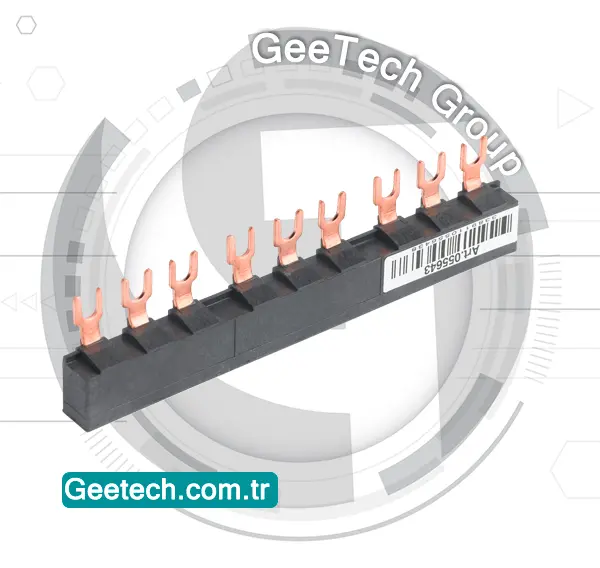
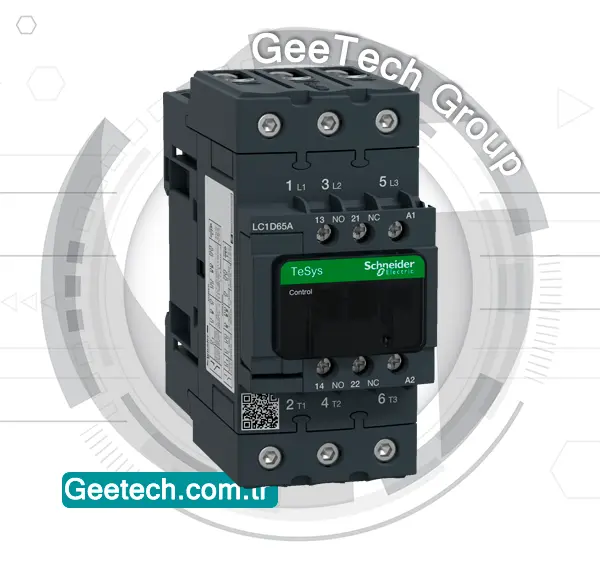
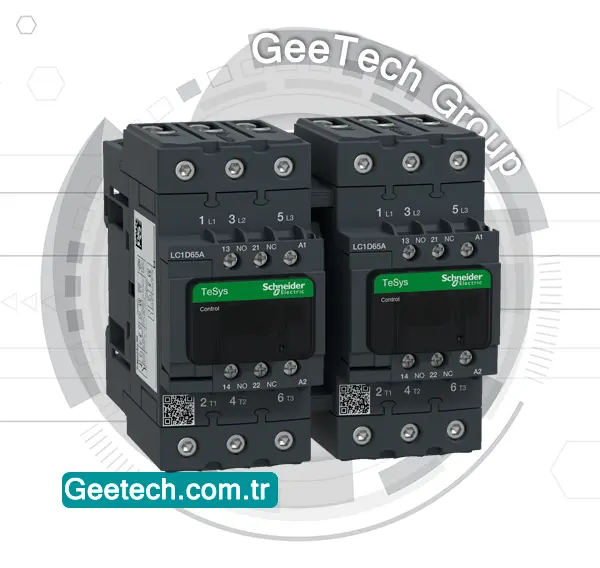

Reviews
There are no reviews yet.